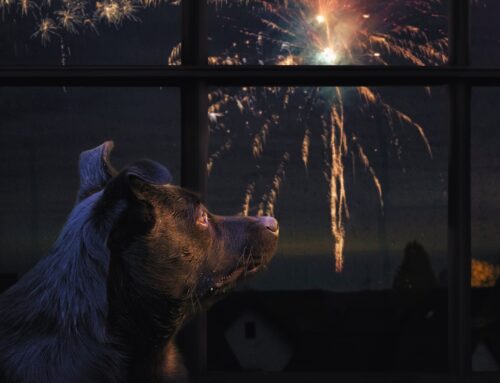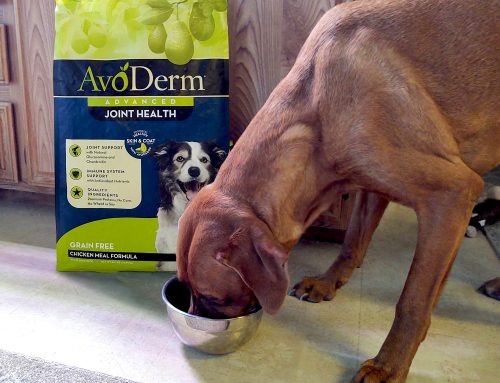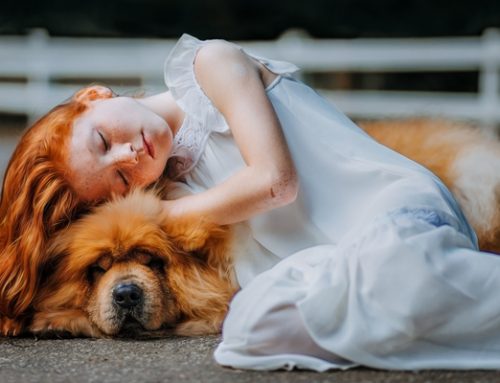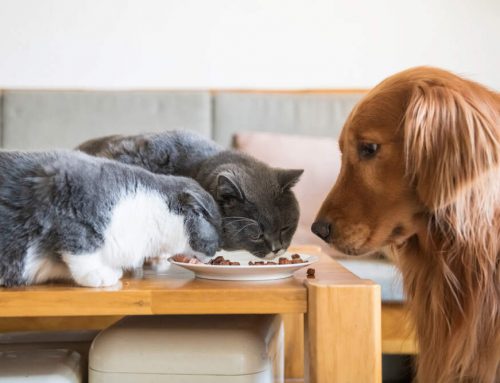If pet food allergies are ailing your kitty or your pup, AvoDerm Natural® Pet Food has an answer for you. But what if YOU are the one with allergies? Browse this list of hypoallergenic dog and cat breeds to find your next pet best friend—itching and sneezing not included.
Hypoallergenic Cat Breeds:
Cat allergies in humans are caused by negative reactions to Fel d 1, a protein secreted through cats’ skin, hair follicles, and saliva. The function of the protein is unknown, but it has been proven that the amount is not linked to dander or shedding. This means that no cat breed is completely without allergens, including hairless ones. However, there are a few varieties of cats whose production of Fel d 1 have a gentler effect on their owners:
- Russian Blue: Russian Blues are easily recognized by their bright green eyes and bluish-grey double coat. The smooth double coats on this hypoallergenic cat breed produce less of the Fel d 1 protein.
- Siberian: Siberian cats are characterized by their long and shaggy coats, which may trigger a warning to cat owners with allergies. However, these hypoallergenic cats have a lower-than average level of enzymes in their saliva, making kitty kisses a lot easier for allergic owners to handle.
- Javanese: Cats typically have three layers of coats, making for a strong presence of the Fel d 1 protein. This long-haired Siamese cat variety has a single, medium-length coat that produces less allergens.
- Devon Rex: Devon rex cats are a short-haired variety of the sphinx breed. The appearance of these cuddly kittens is marked by the presence of large ears and long necks that give them a perpetual look of curiosity.
- LaPerm: These affectionate cats have tight curls of fur that help to reduce the spread of dander throughout the home.
Small Hypoallergenic Dog Breeds:
Dogs can typically be more harsh on allergic owners than cats, as their playtime outside brings in a whole host of environmental allergens. Dog-specific allergies are caused by the Can f1 and Can f2 proteins, which can be present in dogs’ skin, saliva, dander, blood, and other fluids. Before investing in a new pet, check this list and see if any of these small hypoallergenic dog breeds are available in your area:
- Brussels Griffon: This hypoallergenic dog breed is known for excellent watchdog abilities and a friendly demeanor. These small pups are a great pairing for people with allergies as they hardly shed any fur.
- Havanese: These friendly and energetic pups are a good fit for families with small children. Because Havanese dogs are never found too far away from their owners, these small and hypoallergenic dogs have earned the nickname ‘Velcro Dogs.’
- Border Terriers: Border terriers have wiry and hypoallergenic coats that only need a weekly brushing. Born with strong hunting instincts, this hypoallergenic breed is not recommended for families with other small pets.
- Basenji: Also a hunting dog, Basenjis are marked by their upright, alert ears and curly tails. Their coats shed very little and require minimal grooming, making them a good fit for old and new dog owners with allergies.
- Irish Blue: Also known as Kerry Blue Terriers, these hypoallergenic pups are named for the striking shade of blue that appears in their coat within two years of their birth. Their fur is similar in texture to human hair, and they do not shed.
Protect yourself and your pet against allergies:
Once you’ve settled on a hypoallergenic breed for your new dog or cat, make sure your furry friend has the best line of defense against sensitivities of their own. AvoDerm Natural® Pet Food is made with rich sources of vitamins A, C, and E, as well as proteins that won’t make you or your pet sick. Consult a vet if you have been seeing symptoms of dog or cat food sensitivities in your pet, and consider making the switch to our delicious and nutritious Revolving Menu®.





